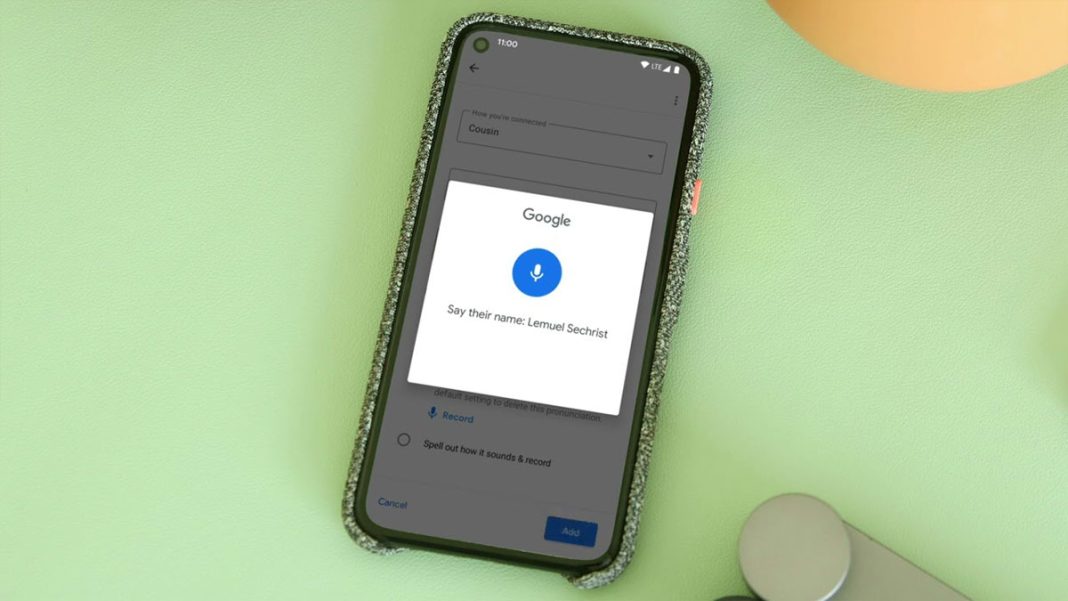In today’s digital age, technology is intertwined with our daily lives, influencing how we seek information and interact with the world. One of the intriguing questions that people often find themselves asking is, “Google, what is my name?” This question might seem simple, but it opens up a fascinating discussion about how search engines work, privacy concerns, and the growing relationship between humans and technology. Let’s dive into this topic and explore what it really means when you ask Google about your name.
The Curiosity Behind “Google, What is My Name?”
When you ask, “Google, what is my name?” you’re essentially testing Google’s ability to recognize and identify you. This question could stem from pure curiosity or a desire to understand more about Google’s data collection practices. It’s important to understand that Google, by default, doesn’t know your name unless you have a Google account and are logged in.
How Does Google Work?
Google uses a complex system of algorithms and data collection methods to provide users with personalized experiences. When you’re logged into a Google account, the platform can access information associated with your profile, such as your name, email address, and search history. This personalized data allows Google to tailor search results, recommendations, and advertisements to better suit your interests and needs.
Privacy and Data Protection
The question “Google, what is my name?” also raises important concerns about privacy and data protection. Google is committed to safeguarding user information and adheres to stringent privacy policies. When you interact with Google services, the data collected is used to enhance your experience by remembering your preferences, improving search accuracy, and providing relevant advertisements.
Google’s privacy policy outlines how your data is collected, used, and protected. As a user, you have control over your data through privacy settings, where you can manage what information is stored and how it’s used. Transparency reports and regular updates on privacy practices further reinforce Google’s commitment to user privacy.
Implications of Personal Data Usage
Understanding the implications of personal data usage is crucial in the digital age. While personalization can enhance user experience, it also raises questions about data security and potential misuse. Users must be aware of the information they share online and take proactive measures to protect their privacy. This includes regularly reviewing privacy settings, using strong passwords, and being cautious about the information shared on social media platforms.
Google’s use of personal data extends beyond search results and advertisements. It includes location services, calendar management, and even health-related data through applications like Google Fit. Each of these services relies on user data to function effectively, highlighting the importance of informed consent and data literacy.
The Broader Impact
The query “hi Google mera naam kya hai” symbolizes the growing reliance on technology for personal identification and assistance. It reflects a shift towards a more interconnected and digital world where personal data plays a pivotal role in shaping user experiences. This shift necessitates a balance between convenience and privacy, ensuring that users benefit from technological advancements without compromising their data security.
Moreover, this question underscores the importance of digital literacy. As technology continues to evolve, users must stay informed about how their data is collected, used, and protected. Educational initiatives and resources can empower users to navigate the digital landscape confidently and responsibly.
Conclusion
The question “Google, what is my name?” is more than a simple inquiry; it is a window into the complex relationship between humans and technology. It highlights the capabilities of modern search engines, the importance of privacy and data protection, and the broader impact of personal data usage. As we continue to embrace digital advancements, understanding the implications of our interactions with technology becomes paramount. By staying informed and proactive, we can harness the benefits of technology while safeguarding our personal information.





